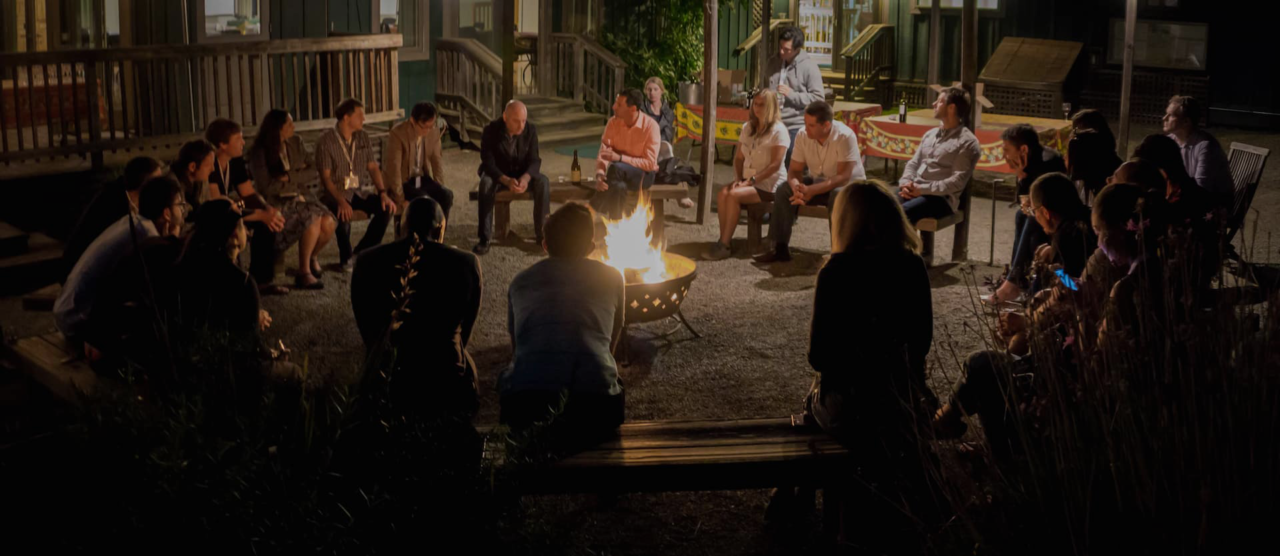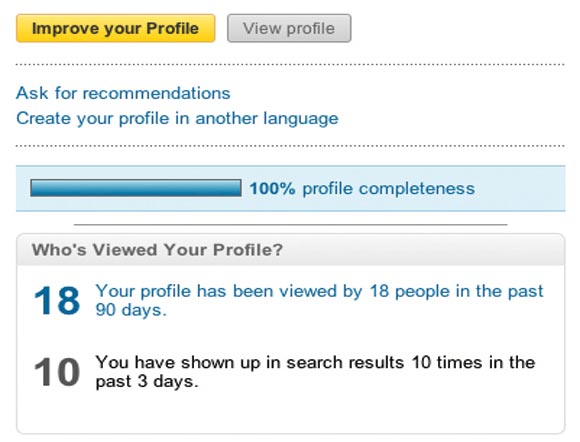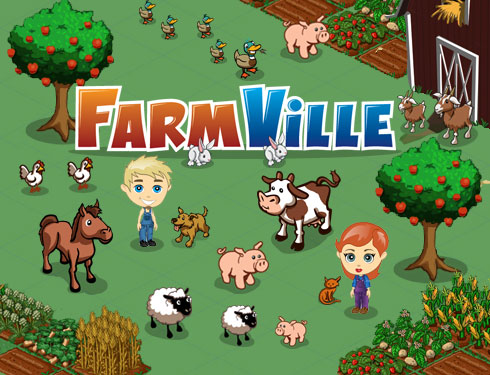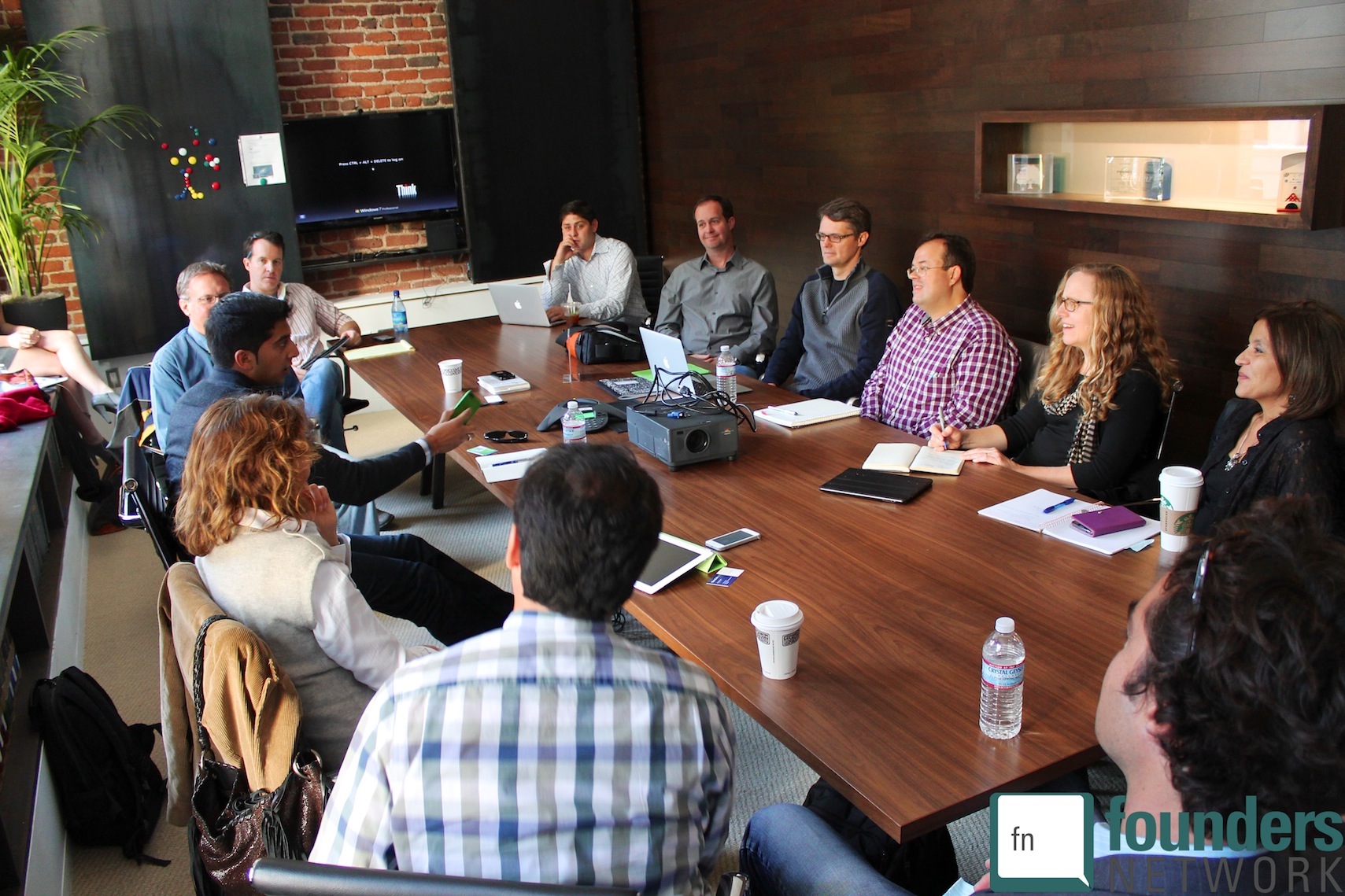
The following is a guest post from fnBlog Contributor Yu-kai Chou, Co-Founder of RewardMe. Yu-kai previously contributed to How Diablo III uses Game Mechanics to become Winning & Addicting. This post, originally posted on Yu-kai’s blog, discusses what gamification is and the opportunities gamification could provide your startup with.
For those who been following my blog regularly, its pretty apparent that I have been writing heavily into the topic of Gamification.
This may be an unfamiliar word for many of you. Gamifi-what?
This post is a quick overview to explain what Gamification is and why I decided to devote a bigger part of my life to it.
What is Gamification?
Gamification is the craft or framework to derive all the fun and addicting elements found in games and apply them to real-world or productive activities. This is what I call “Human-Focused Design” as opposed to the “Function-Focused Design”. Its a design process that optimizes for the human in the system, as opposed to pure efficiency of the system.
Games have the amazing ability to keep people engaged for a long time, build relationships and trust between people, and develop their creative potentials.
Unfortunately, most games these days are simply focused on escapism – wasting your life away on something that doesn’t improve your own life nor the life of others (besides the game makers of course).
Imagine if there is a truly addicting game, where the more time you spend on it, the more productive you would be. You would be playing all day, enjoying it, and your career would be growing, you would be making more income, having better relationships with your family, creating value for your community, and solving the hardest problems in the world.
That’s my goal and the potential I see that Gamification could fulfill.
Is Gamification related to the Gaming Industry?
Many people think Gamification is a branch of gaming. Upon hearing the term, some people respond with, “Oh I don’t play games.”
That’s a complete misconception.
Gamification does not involve games. It is simply absorbing the fun elements in a game (what we call Game Mechanics) into real-world applications. When you see the progress bar on LinkedIn, or when you Tumblr listing out a Leaderboard on the best content, do you think, “Oh I don’t play games. This is not for me.”? Of course not!
In essence, if you can classify something as a game, it rarely is true Gamification. (Because…how can you gamify…a game? That’s like liquefying liquid.)
Why is Yu-kai Chou focusing more on Gamification?
Due to a recent setback in my life (I can write a separate post about that if there is interest), I started examining what I’m doing with my life, why I work, and what am I passionate about.
I realized, out of all the things that I have some type of expertise in, I had the most passion in Gamification.
Why? Because I used to be a heavy gamer. I used to spend a huge amount of my time mastering a game, leveling up, conquering difficult quests, and find allies. But then, I quit because I realized none of it was helpful for my real life. It was simply unproductive.
Ever since, I’ve been devoting my career into applying the fun of gaming principals into productive things.
I started a company that helped students play games to develop their professional skills as well as enable companies to recruit better talent through gaming I also personally coached hundreds of professionals and students to turn their life into a game where they are their own Role-Playing characters and their goal is to get experience, level up, find allies, become the strongest player on their server and solve a large problem in this world.
To that effect, I started my Gamification career in 2003, before the term Gamification became established. As a pioneer in the craft, I am completely passionate in helping companies and individuals make their tasks fun and exciting.
Isn’t Gamification just about adding points and badges to your website?
A big problem with the Gamification industry is that most people just think about Gamiifcation as adding some points, badges and a leaderboard onto a website.
That’s just like how in the old days of Social Media (and even today), many people thought social media marketing was just creating a Twitter profile and Facebook page.
While badges and leaderboards are part of Gamification, it doesn’t capture the core essence of Gamification. Gamification is using Game Mechanics to engage and motivate people through their Core Drives.
I’m sure you’ve seen websites that have some type of leaderboard, but no one actually cares about it. Its just there as a gimmick and it does not speak to our Core Drives.
True Gamification starts with the Core Drives, starts with “Why?” and “How?” instead of “What?” and truly drives behaviors and motivates people.
At the end of the day, all games have “game mechanics” or “gamification stuff” in them, but most games suck, while only a handful of games are actually winners.
Just because you have wings doesn’t mean you can fly. Just because you have badges doesn’t mean you are actually gamified.
Can Gamification really motivate people?
Yes.
Consider this: Many people feel that kids these days have bad work ethics – they don’t want to do their home works, they don’t have any discipline, and they don’t have any persistence when they encounter challenges.
However, when it comes to playing games, kids have AMAZING work ethics. Many kids wake up secretly behind their parents’ back 3AM in the morning, just to play a game and level up their fictional characters.
If you’ve played RPGs (Role-Playing Games) before, you would know that a lot about leveling up is simply killing the same monsters over and over at the same place for HOURS.
In the “real world,” this is often defined as Grunt Work. No one likes to do grunt work. But these kids who have no discipline are sacrificing sleep and risking being grounded to do it.
Why? Because they are excited about bringing their character from level 18 to level 19. Because they want to get that extra +5 strength, and perhaps be able to beat that boss once they reach level 20.
They do it because they see the big picture of WHY they are doing it, and they like the sense of Accomplishment and Pride, as well as Progression and Self Actualization that leveling up gives them. They want something enough that anything that stands in the way, be it grunt work or not, is worth doing, and doing quickly.
Imagine if a company advised their employees not to work late at night, but the work is so interesting and engaging that they all WANT to work late without getting paid more. Wouldn’t that be something.
Is Gamification an underground niche phrase, or is there an established industry around it?
While the application of Gamification has been around for decades, the actual term has only come about for a few years. Nevertheless, there are many companies that are built around this theme. A few of the biggest startups on Gamification include BunchBall, Badgeville, and BigDoor, while organizations like Gamification.Co host large conferences such as the GSummit. Finally, there are a group of individuals who, like me, are passionate about Gamification, such as Ray Wang and Andrzej Marczewski.
In short, Gamification is still relatively niche, but is growing rapidly, much like the term Social Media in the old days.








